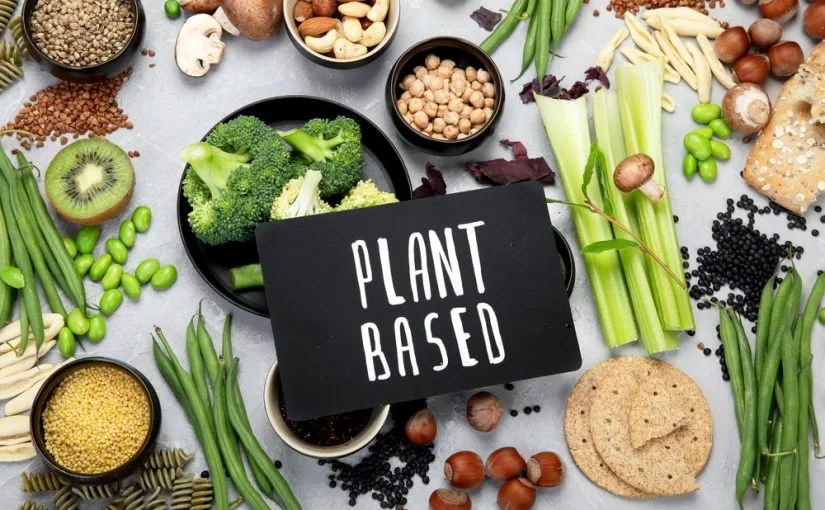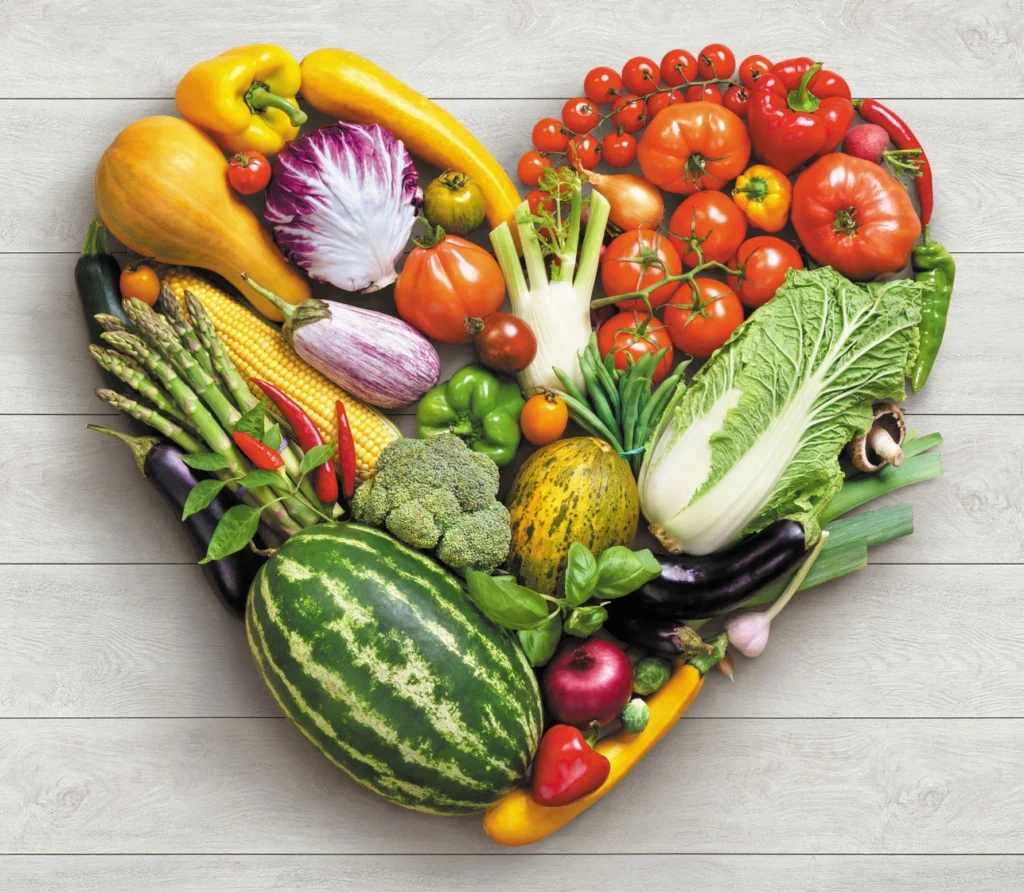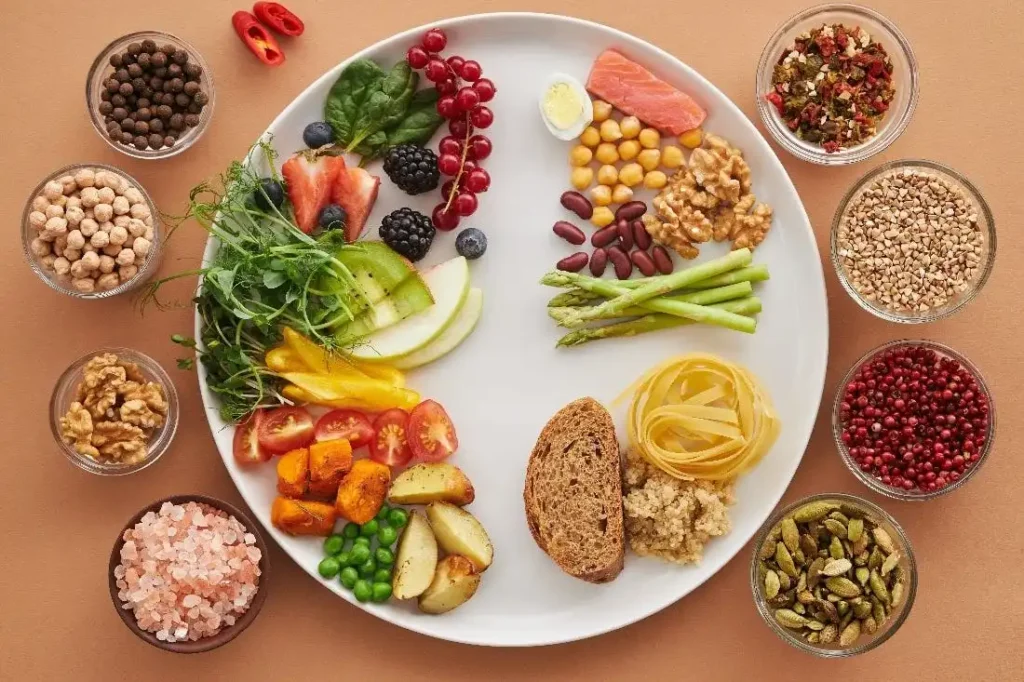
Are you tired of feeling sluggish and weighed down by heavy meals? Or perhaps you’re curious about the buzz surrounding plant-based diets but don’t know where to start. If so, you’re in the right place! Transitioning to a plant-based diet can seem daunting at first, but once you dive into the vibrant world of fruits, vegetables, grains, and legumes, you’ll discover a culinary adventure that nourishes both your body and mind.
Whether you’re aiming for better health, weight loss or simply want to make more sustainable food choices, embracing a plant-based lifestyle is an exciting journey filled with delicious possibilities. This beginner’s guide will provide all the insights you need for how to start a plant-based diet on your terms. Let’s explore this green-filled path together!
What is a Plant Based Diet?
A plant-based diet primarily focuses on foods derived from plants. This includes fruits, vegetables, whole grains, nuts, seeds, and legumes. While it doesn’t strictly eliminate animal products completely, the emphasis is on consuming more plant-derived options.
Think of it as a way to reconnect with nature through your meals. Fresh produce becomes the star of the show rather than just a side dish.
People often confuse plant-based eating with veganism; however, they can differ in approach and philosophy. A vegan lifestyle avoids all animal products entirely for ethical or environmental reasons.
In contrast, someone on a plant-based diet may still enjoy occasional dairy or meat but prioritizes nutrient-dense plants in their daily choices. It’s about making mindful decisions that promote health and sustainability without being overly restrictive.
Benefits of a Plant Based Diet
A plant-based diet offers numerous health benefits. It’s rich in essential nutrients, fiber, and antioxidants that help boost the immune system. Incorporating more fruits and vegetables can lead to improved digestion and overall gut health.
Research shows that a whole foods plant-based diet may reduce the risk of chronic diseases such as heart disease, diabetes, and certain cancers. People often experience lower blood pressure and cholesterol levels with this eating style.
Weight management is another significant advantage. Plant-based meals tend to be lower in calories yet filling due to their high fiber content. This makes it easier for many individuals to maintain a healthy weight or lose unwanted pounds.
Additionally, adopting a plant-focused lifestyle supports sustainability. By reducing reliance on animal products, you contribute less to environmental degradation while promoting ethical treatment of animals.
Discover Plant-Based Recipes here
Types of Plant-Based Diets

Plant-based diets come in various forms, each catering to different preferences and lifestyles.
- A popular choice is the whole foods plant-based diet. This approach emphasizes unprocessed foods like fruits, vegetables, grains, and legumes while avoiding refined ingredients.
- Another common type is the vegan diet. This lifestyle goes beyond food choices by excluding all animal products—meat, dairy, eggs—and often extending to cosmetics and clothing.
- Flexitarianism offers a more flexible option. It encourages primarily plant-based eating but allows occasional meat or fish intake. This can be a great starting point for those hesitant to fully commit right away.
- There’s the raw vegan diet which focuses entirely on uncooked plant foods. Proponents believe that cooking diminishes nutrients and enzymes essential for health. Each of these diets presents unique benefits suited to individual goals and tastes.
Foods to include in a Plant Based Diet
When adopting a plant-based diet, focus on whole foods that nourish your body and delight your taste buds. Fresh fruits and vegetables should be at the forefront of your plate. They are packed with vitamins, minerals, and antioxidants.
– Whole grains like quinoa, brown rice, and oats provide essential fibre and energy. These grains can serve as wholesome bases for meals or breakfast bowls.
– Legumes are another cornerstone of plant-based eating. Beans, lentils, and chickpeas not only deliver protein but also offer great versatility in dishes from salads to stews.
– Don’t forget about nuts and seeds! Almonds, chia seeds, and flaxseeds contribute healthy fats while adding crunch to snacks or smoothies.
– Explore plant-based dairy alternatives such as almond milk or coconut yoghurt for creamy textures without animal products.
How to Transition to a Plant Based Diet
- Transitioning to a plant-based diet can feel daunting, but it doesn’t have to be. Start by gradually incorporating more plant foods into your meals. Try adding one new recipe each week that centers around whole foods.
- Focus on familiar favorites first. Swap out animal products for plant-based alternatives in dishes you already love. For instance, use lentils or chickpeas instead of ground meat in tacos or spaghetti sauce.
- Experiment with different cuisines that celebrate plants, such as Indian or Mediterranean food. These cultures often have delicious vegetarian options packed with flavor and nutrition.
- Meal prep is invaluable during this transition. Spend time preparing snacks and meals for the week ahead, making it easier to stick to your goals amidst a busy schedule.
- Listen to your body as you make changes; everyone’s journey is unique. Be patient with yourself and enjoy discovering new flavors along the way!
Tips for Making the Switch

- Making the switch to a plant-based diet doesn’t have to be overwhelming. Start small by incorporating one or two meatless meals into your week. This gradual approach can ease you into new eating habits.
- Explore local farmers’ markets for fresh produce. Seasonal fruits and vegetables not only taste great but also support sustainability.
- Experiment with plant-based substitutes for your favourite foods. For instance, try using lentils in place of ground beef or almond milk instead of dairy milk.
- Meal prepping is a game changer. Spend time on weekends preparing lunches and dinners for the week ahead, ensuring you’re never caught off guard when hunger strikes.
- Don’t forget to listen to your body! Pay attention to how different foods make you feel and adjust accordingly as you learn what works best for you on this journey towards healthy plant-based eating.
Common Misconceptions about Plant Based Diets
Many people believe that a plant-based diet lacks essential nutrients. This is far from the truth. With careful planning, you can easily obtain all necessary vitamins and minerals.
Another misconception is that plant-based eating is expensive. While some specialty products can be pricey, staples like beans, grains, and seasonal vegetables are often very affordable.
Some think transitioning to a fully vegan lifestyle means giving up favorite foods forever. In reality, there are countless tasty plant-based swaps for common items like dairy or meat.
Many assume that only strict vegans follow this diet. In fact, anyone can enjoy the benefits of incorporating more plants into their meals without being 100% committed to veganism. Embracing flexibility makes it easier to adopt healthier habits over time.
Conclusion

Transitioning to a plant-based diet can be an exciting journey filled with new flavors and health benefits. By understanding the fundamentals of what a plant-based diet is, exploring its various types, and embracing the diverse array of foods available, you set yourself up for success. The advantages are manifold—from improved nutrition to increased energy levels and weight management.
As you make this lifestyle change, remember that it doesn’t have to happen overnight. Start small by incorporating more whole foods into your meals or experimenting with easy plant-based recipes. Use a grocery list tailored for plant-based eating to simplify shopping trips and ensure you’re stocked up on essentials like fruits, vegetables, grains, nuts, and seeds.
It’s also important to dispel common myths surrounding plant-based diets—such as concerns about protein intake—as there are plenty of delicious sources available. Engaging with real-life success stories can provide motivation while helping you visualize your own path toward healthier eating habits.
With mindful planning and preparation strategies like meal prepping or utilizing budget-friendly tips for affordable plant-based eating, you’ll find that adapting your meals becomes increasingly manageable over time. Embrace this journey as one toward better health—not just physically but mentally too—with each bite bringing you closer to your goals in wellness and sustainability.
So take it one step at a time; enjoy the process of discovering how satisfying healthy plant-based eating can truly be!
Read Latest Nutrition Trends here


